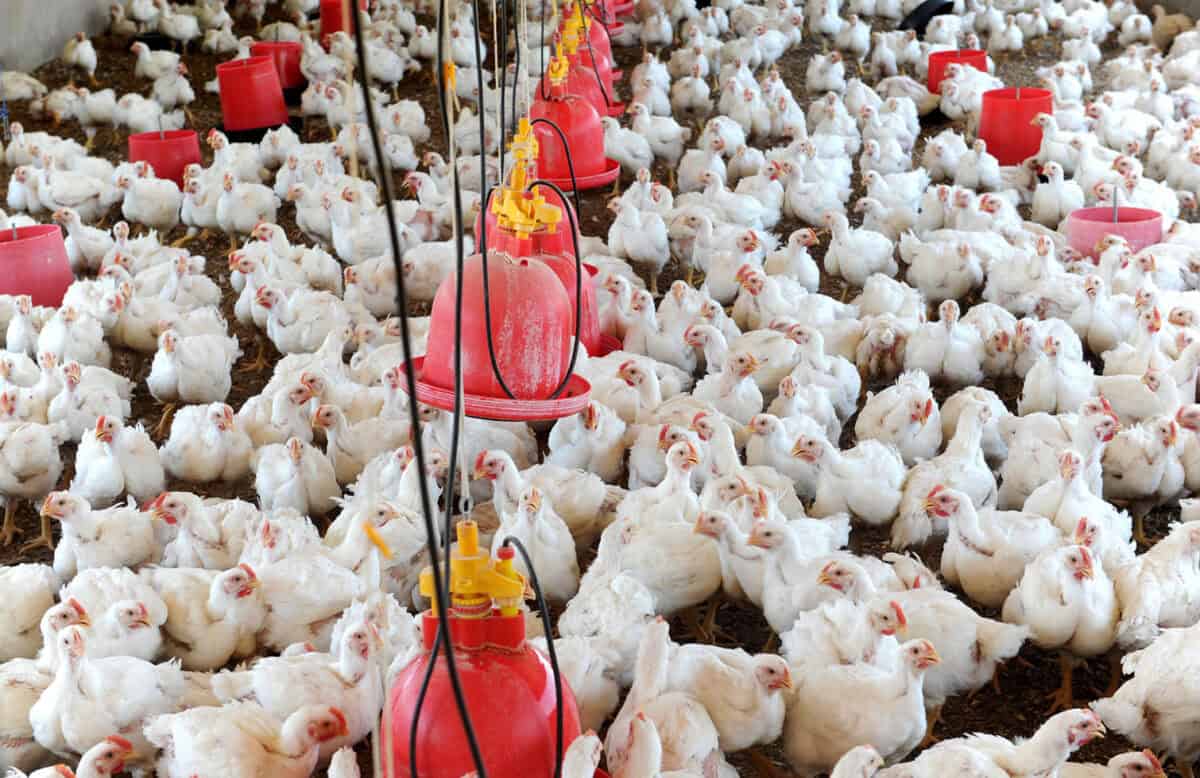To prevent a food and jobs crisis, SA allows chicken imports from safe Brazilian regions and launches new national biosecurity and vaccination strategy.

South Africa has implemented a “compartmentalised” approach to biosecurity which will see the ban on the importation of chicken from Brazil partially lifted tomorrow.
All states in Brazil – other than the State of Rio Grande do Sul, where there has been an outbreak of avian flu – have been cleared to export poultry products to SA.
The South African Meat Processors Association (Sampa) welcomed the announcement, because the suspension of chicken imports included those of mechanically deboned meat (MDM), used in the manufacture of polony, Viennas, Russians, braai wors, bangers, frozen burgers, meat pies and corned meat.
SA lifts chicken import ban from most of Brazil
Shortages of this affordable protein would affect poorer people and could place thousands of jobs at risk, said Sampa.
SA does not produce MDM in any significant quantity and is forced to import it. Brazil is the largest producer of MDM in the world, with 95% of MDM imported in the last 12 years coming from the South American country.
ALSO READ: Bird flu: Government lifts ban on most chicken imports from Brazil
Gordon Nicoll, chair of Sampa, said: “We are grateful for the urgency displayed by the department of agriculture and, especially, Minister John Steenhuisen, deputy director-general Dipeneneng Serage and his team in averting the full-scale social and humanitarian crisis which the ban of 16 May threatened to unleash.”
Steenhuisen told The Citizen the partial lifting of the ban was part of a stepping up of biosecurity protocols across the agricultural value chain.
“We have allowed our biosecurity to slide quite dramatically,” Steenhuisen said.
‘We’ve allowed biosecurity to slide’ – Steenhuisen
“It is now typified by the outbreaks of foot and mouth, the avian flu challenge of a few years ago and other diseases. We need to re-establish a culture of high biosecurity in the country, otherwise we will continue to be vulnerable.”
The department has developed a multi-pronged approach that includes new disease control regulations, prosecution for noncompliance and, for the first time, a national vaccination rollout in partnership with the poultry industry.
ALSO READ: Bird flu: worry not, it is safe to eat eggs and chicken
“This is new territory,” Steenhuisen said. “If it works, it will become the blueprint for how we protect our local chicken populations and our chicken sector.”
High risk areas, informed by historical outbreak patterns, will be prioritised, said the minister.
“We saw what happened the last time there was an outbreak. It drove up the price of chicken and eggs to the point where they were unaffordable.
High risk areas will be prioritised
“Chicken is the most eaten protein in South Africa. If we have another outbreak of H5N1 here, it is going to be disastrous,” he said.
The decision on Brazilian imports had been taken after consultation with scientists. South Africa is “taking our cue from what countries like France have done with ducks and what others have done with poultry”, Steenhuisen said.
“The goal is to contain and control it before it becomes a wipeout.”
There was no indication that contaminated Brazilian meat had entered SA and the department is conducting forward and backward tracing as a precaution, he said.
The virus spreads easily, not only through contact, but also via migratory birds, water, droppings and domestic birds moving from place to place.
Virus spreads easily
“That is why the first line of defence is biosecurity at farm gate level,” he said. “Protocols must be followed to the letter.”
“Violators of movement and biosecurity regulations will face prosecution. And there could be civil claims for loss of livestock or earnings. We are going to be really serious on enforcement.”
ALSO READ: Chicken farm funded by PIC fails to reverse court order against inhumane practices
The foot-and-mouth outbreak already forced SA to halt exports to China from one of the country’s largest feedlots. “That comes at a huge economic cost,” Steenhuisen said.
Re-establishing biosecurity must go beyond compliance. “It is not just the farmer who has to take responsibility. It’s the entire value chain.”
Support Local Journalism
Add The Citizen as a Preferred Source on Google and follow us on Google News to see more of our trusted reporting in Google News and Top Stories.








